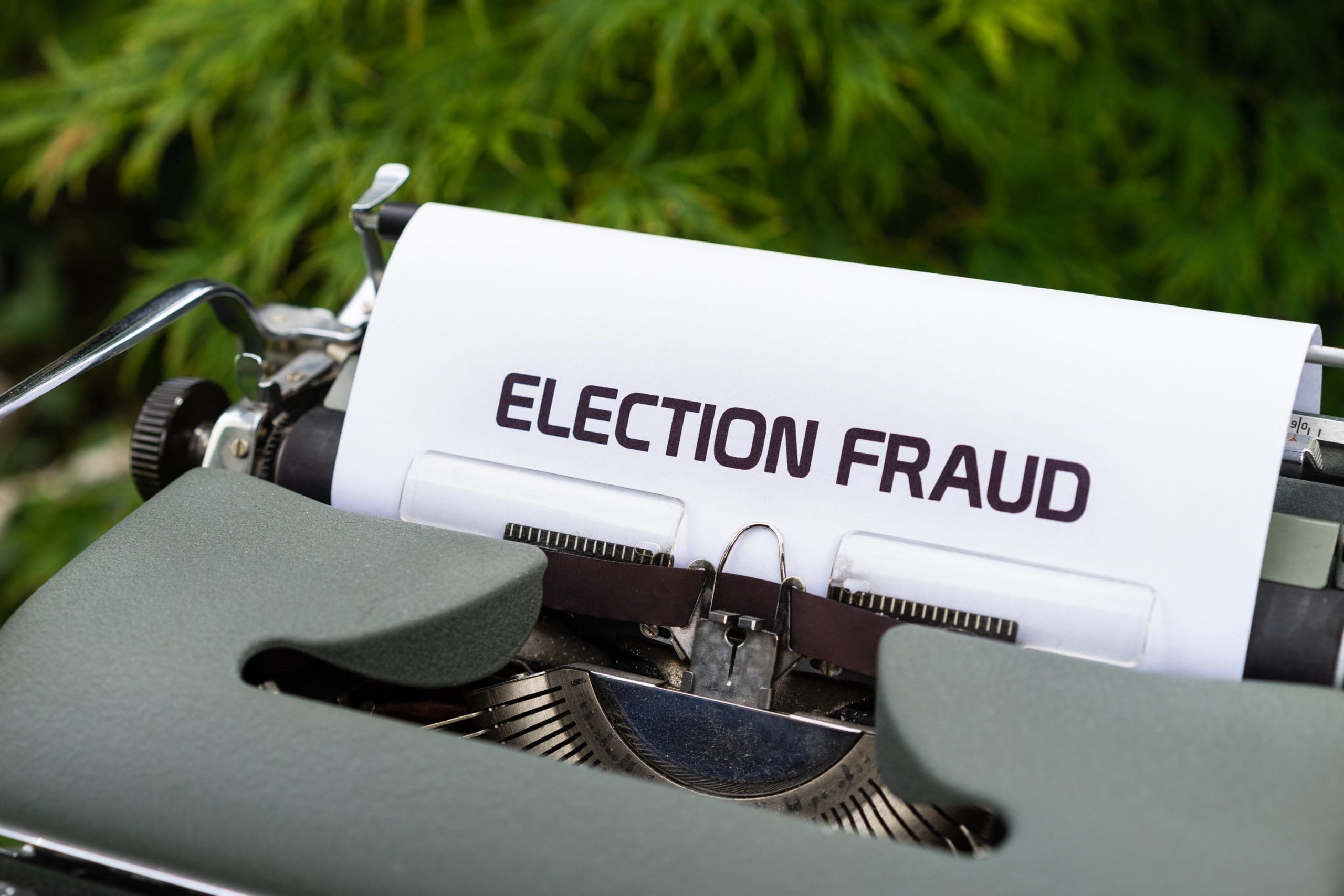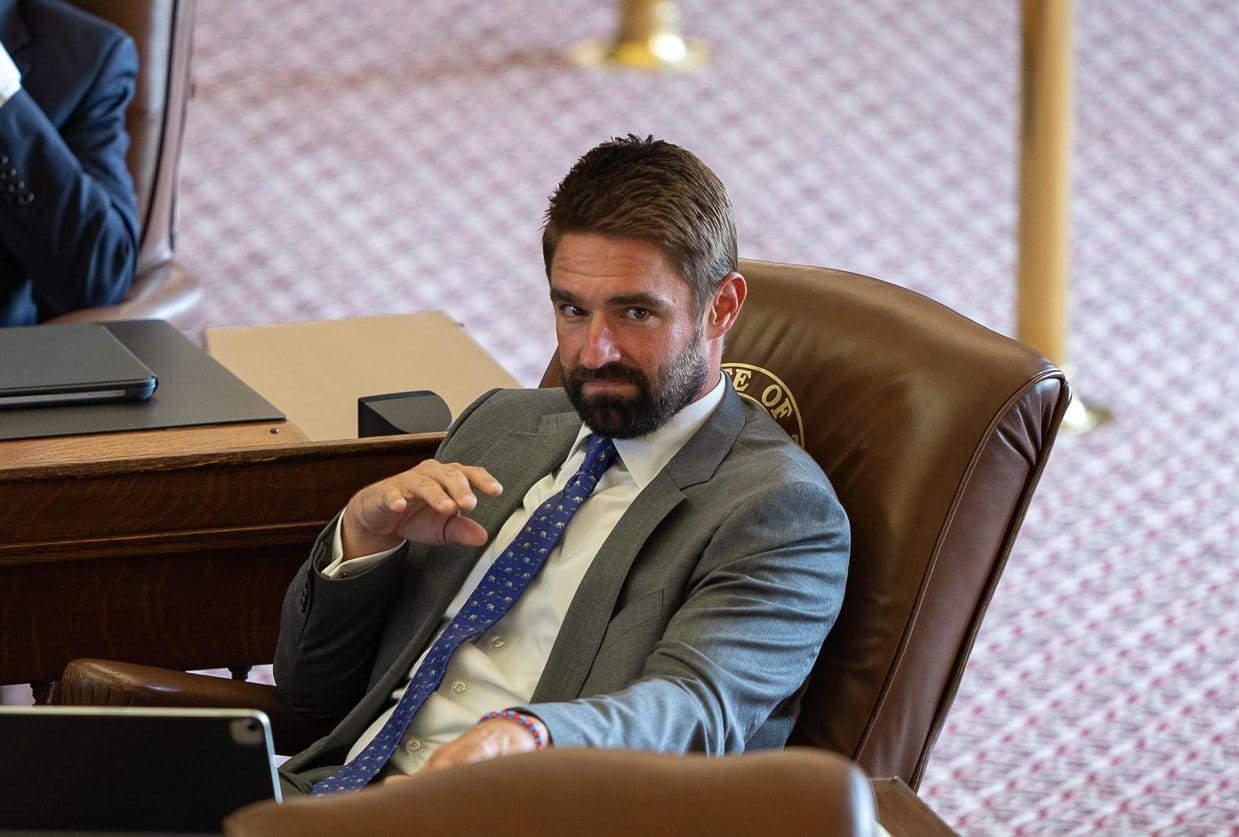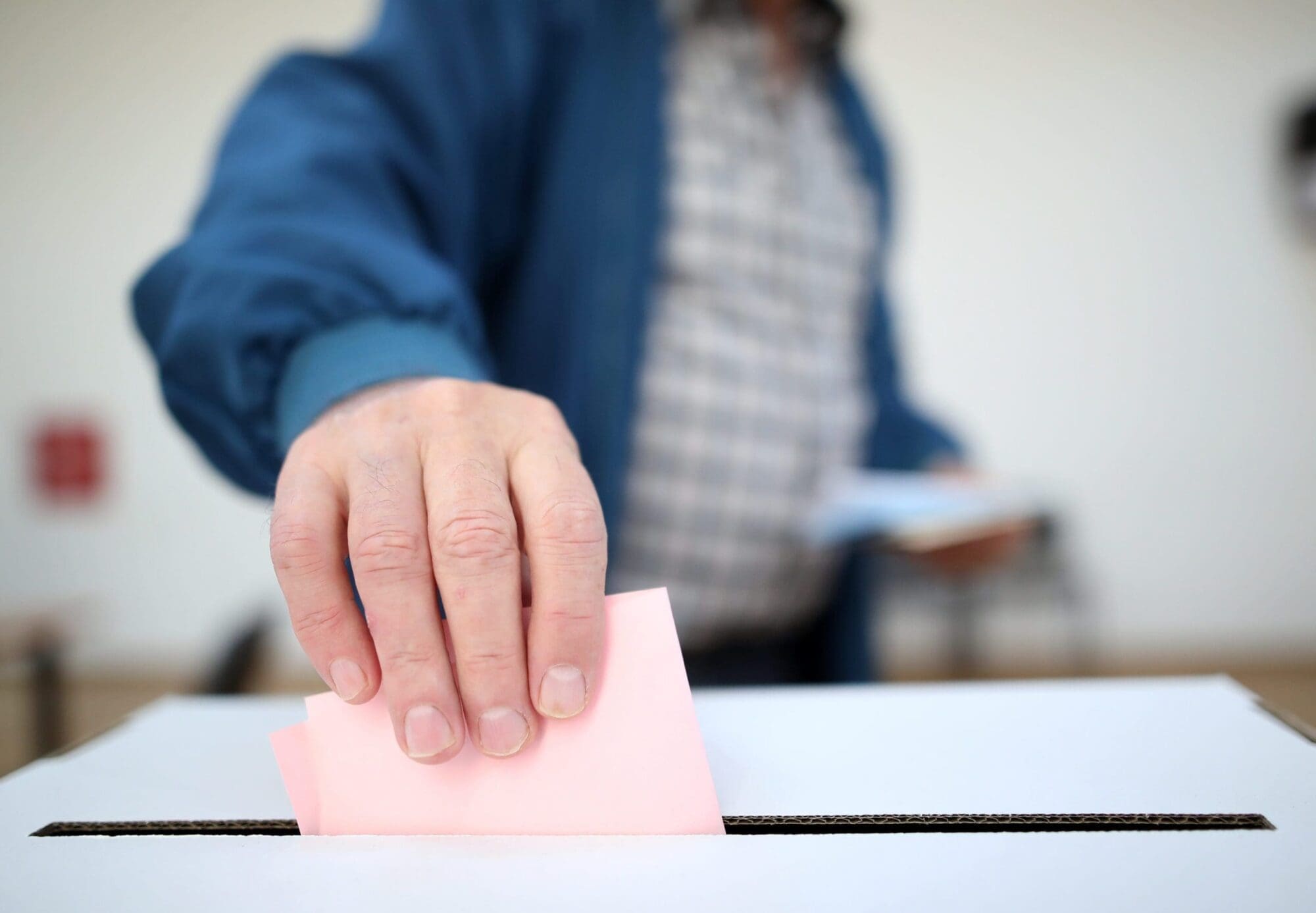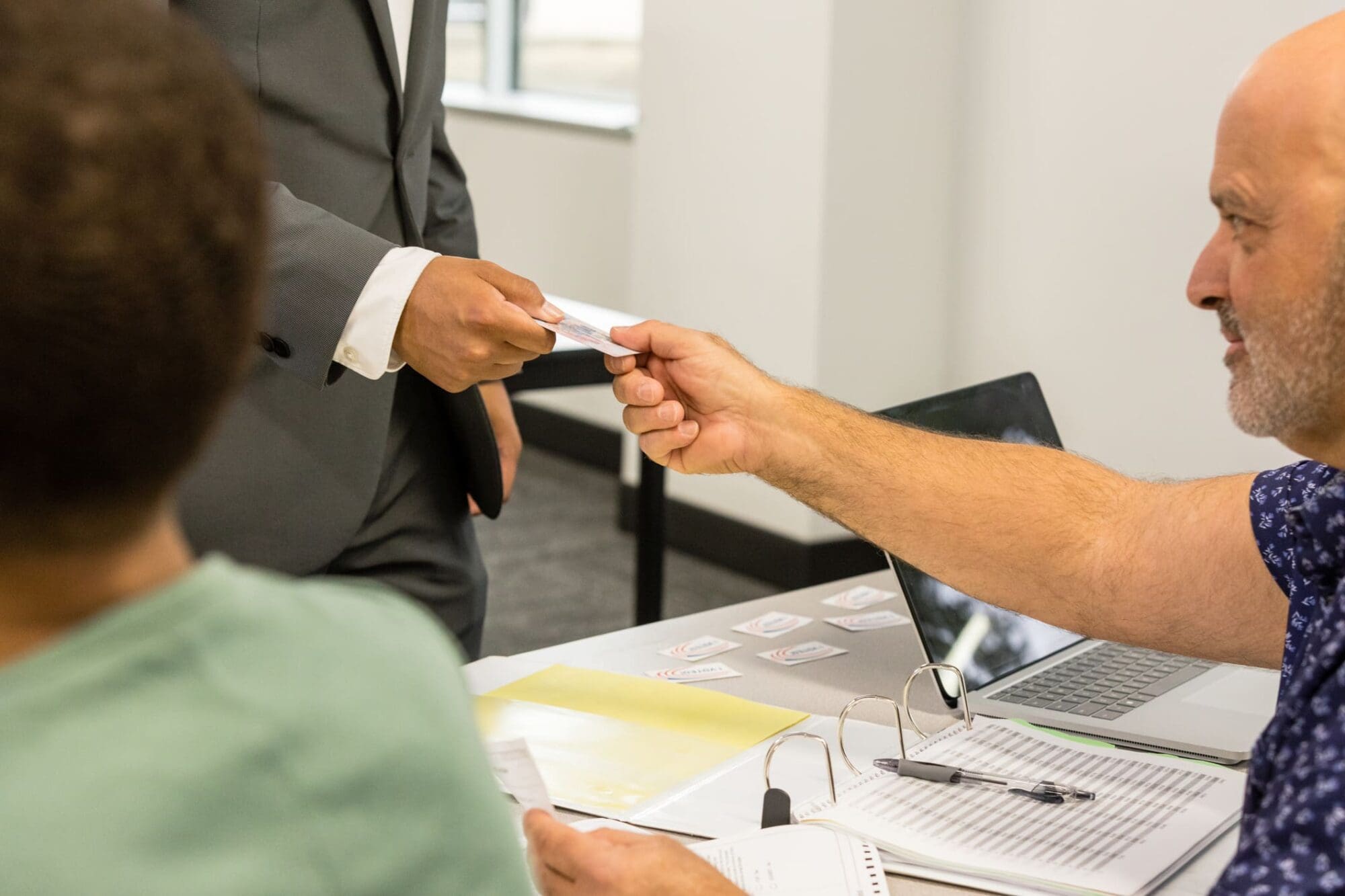A bipartisan group of Texas senators voted to approve a Republican-priority election integrity bill from the House.
On Wednesday, House Bill 574 by State Rep. Greg Bonnen (R–Friendswood) passed the Senate by a vote of 21-9.
HB 574 makes it a second-degree felony to “knowingly or intentionally” count invalid votes or refuse to count valid votes—new election fraud offenses created by the bill.
“I don’t care who’s cheating, that’s above a misdemeanor,” said bill sponsor State Sen. Larry Taylor (R–Friendswood).
Felony penalties for election fraud crimes is a policy goal of the Republican Party of Texas, set after delegates at last year’s convention chose election integrity as their top legislative priority for 2021, making it the second session in a row that securing elections has been an RPT priority.
Members of the RPT’s Legislative Priorities Committee identified multiple House and Senate bills that met their election integrity goals, including HB 574.
The bill has changed since its introduction.
The second-degree felony penalty—viewed by some lawmakers as overly harsh—stayed; it was endorsed by Dallas Democrat State Sen. Royce West on the Senate floor on Wednesday.
West said the penalty of two to 10 years in prison “shows the seriousness of someone taking these kinds of actions during an election. That applies to a Democrat or a Republican.”
But the increased penalty now applies only to the new offenses created by the bill, not to all election fraud violations as originally proposed. Existing election fraud offenses remain Class A misdemeanors unless escalated by other factors.
The amended committee substitute of HB 574 will go back to the House, where members may decide to concur with the Senate’s changes or refer the bill to a conference committee.
Texas Scorecard is tracking the progress of key election integrity bills in the House and Senate.
HB 574 is the first RPT-priority election reform from the House to pass the Senate, though Republican Gov. Greg Abbott gave election integrity fast-track emergency status back on February 1.
The Senate passed five of its six RPT-priority election integrity bills in April, with two that require voting systems to produce auditable paper trails (SB 598 and SB 1234) also receiving bipartisan support. Both are awaiting action in the House.
The House has passed three RPT-priority bills: HB 574, HB 3276 (a transparency bill providing for live-streamed video surveillance of ballot counting), and top-tier omnibus HB 6 (in the form of a substitute version of Senate Bill 7). Several other priorities are in limbo.
Grassroots election integrity advocates say they expect lawmakers to deliver real results in the form of priority reforms, but they remain skeptical.
The clock is ticking for the Republican-controlled Legislature to get priority election reform bills to the governor’s desk before the session ends on May 31.





